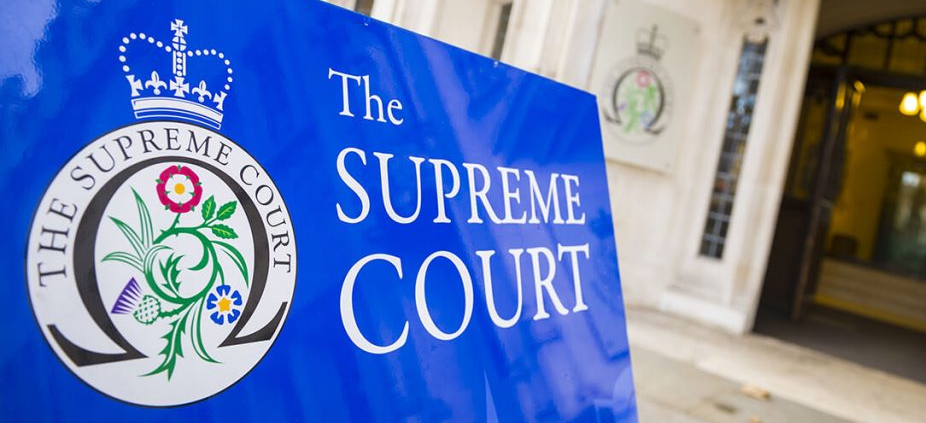Tuesday 29th July 2025
Judgment Day: Supreme Court to Deliver Landmark Car Finance Ruling at Unusual Friday 4.35pm Slot
In a move that has raised eyebrows across legal and financial circles, the UK Supreme Court is set to deliver its long-awaited ruling in the car finance commission cases this Friday – not at the usual 9.45am, but at the highly irregular time of 4.35pm.
The timing is no accident. UK stock markets close at 4.00pm on Fridays, and with major lenders directly exposed to the outcome, many see this as a clear attempt to avoid an immediate sell-off or market panic.
While the Court has stressed that “no inference should be drawn from the timing of the hand-down as to the outcome of the appeals,” the optics are striking. It’s a ruling with potentially seismic consequences, and it’s being handed down just minutes after markets shut — giving institutions time to prepare behind closed doors before trading resumes Monday.
Billions of pounds are riding on the decision, with estimates of potential claims reaching £40 billion or more. Claims management firms and law firms have been advertising heavily in recent months, urging consumers to check if they may be owed money from secretive commission deals embedded in car finance agreements.
At the heart of the dispute are three conjoined appeals concerning undisclosed or partially disclosed commissions paid by lenders to car dealers acting as brokers. In one case, the commission wasn’t disclosed at all; in the others, it was buried in the small print. The Court of Appeal previously ruled this unlawful — calling it bribery, dishonest assistance, or an unfair relationship under the Consumer Credit Act 1974.
But this case has implications far beyond motor finance. According to The Guardian, Chancellor Rachel Reeves is actively considering retrospective legislation to limit the fallout — not just for this ruling, but for other sectors where secret commissions may come under legal scrutiny.
That proposal has sparked outrage among claimant advocates. Johnson Law Group responded:
“This is not leadership; it’s a direct challenge to judicial independence. If a private individual were found to have taken thousands of pounds unlawfully, they’d be held fully accountable.
Yet when large financial institutions engage in systemic misconduct, the political response appears to prioritise shielding them from liability rather than protecting the public.”
In February, the Supreme Court rejected the Treasury’s attempt to intervene in the case, despite its warning that the earlier ruling could have a “significant and potentially damaging” effect on the motor finance market.
With millions of affected customers and reputations on the line, Friday could mark a defining moment in the relationship between the legal system, the financial sector, and the state.
Whatever the outcome, the late-Friday release sends a clear signal: this is not business as usual.
Friday, 4.35pm – Judgment Day.

